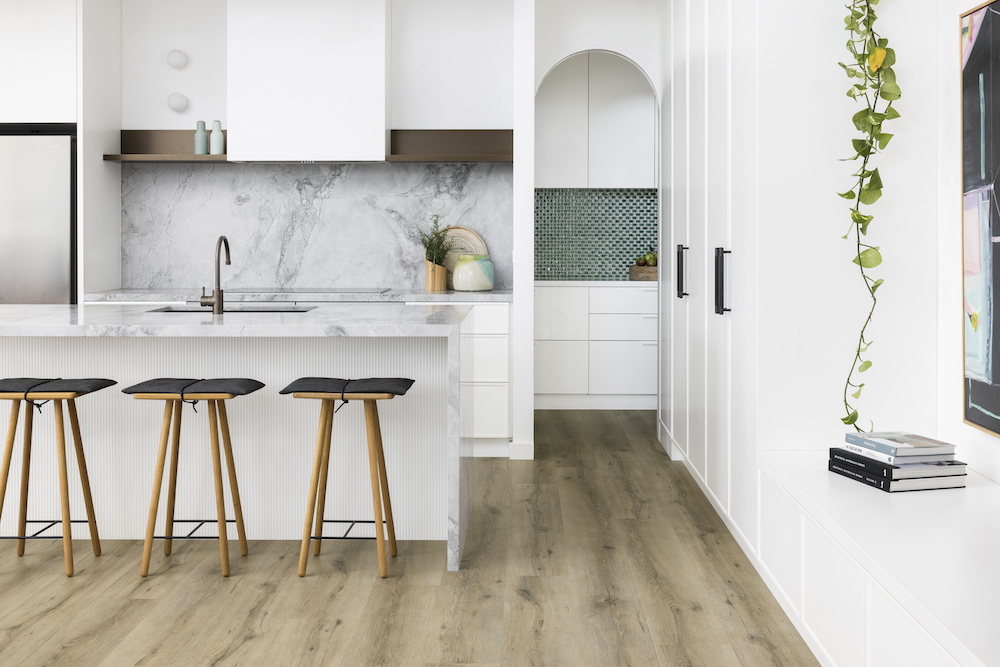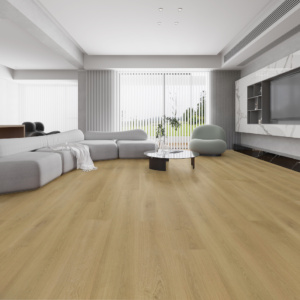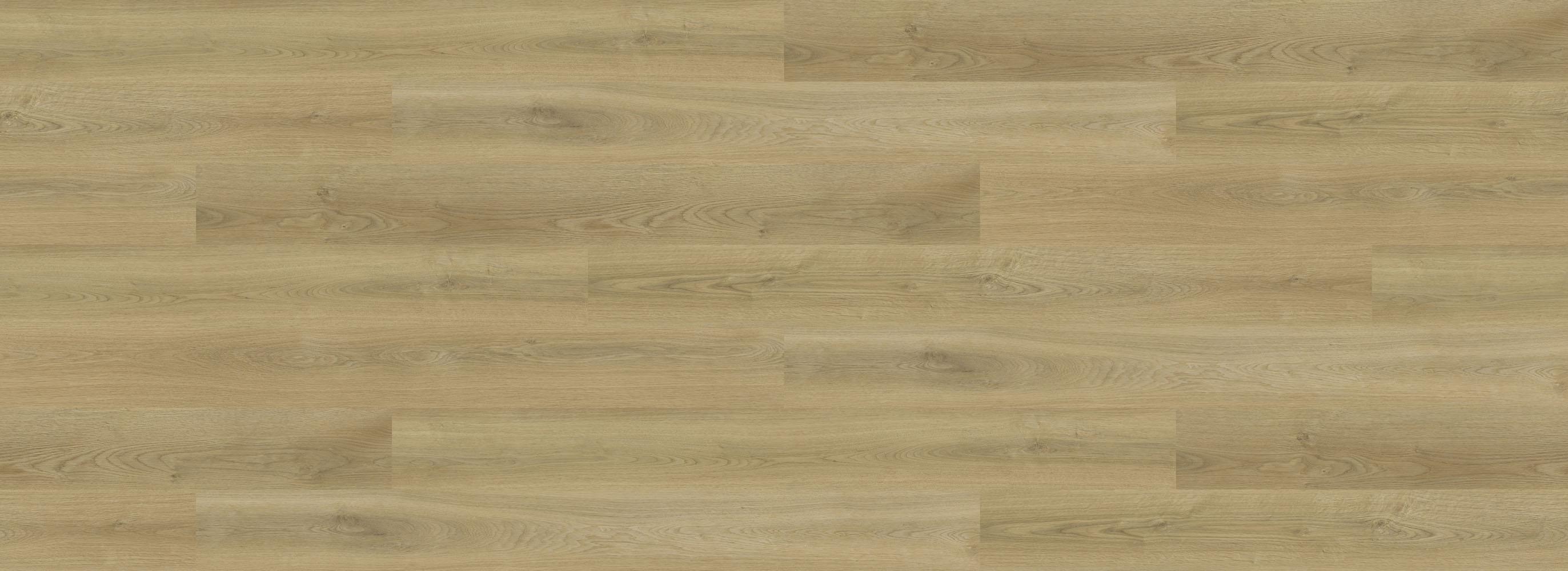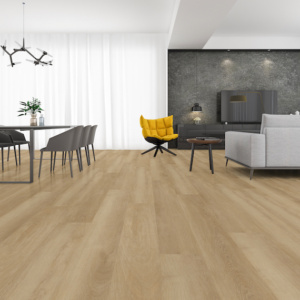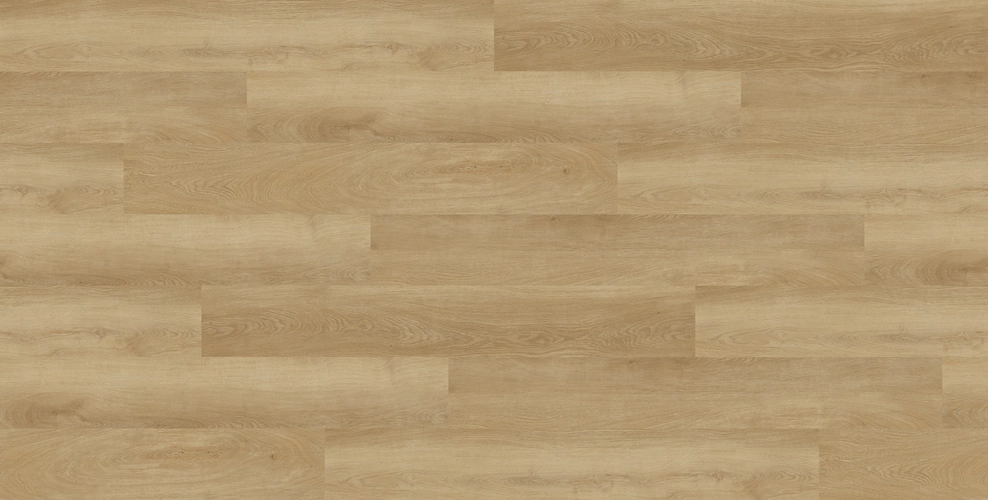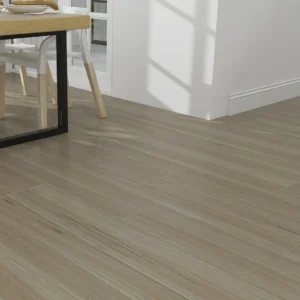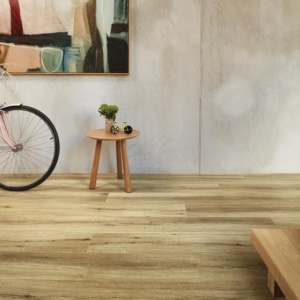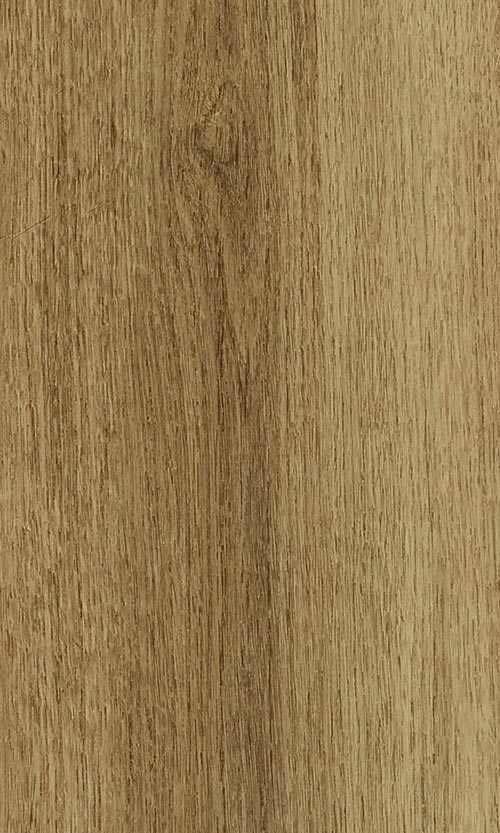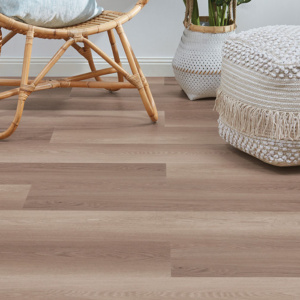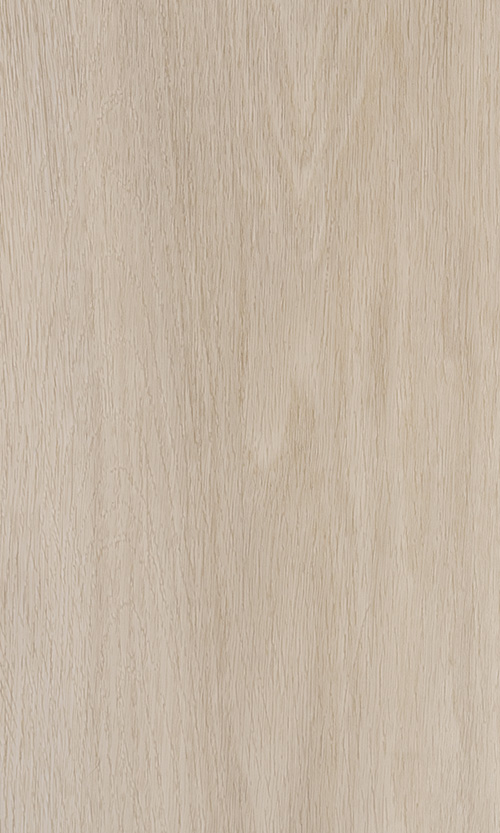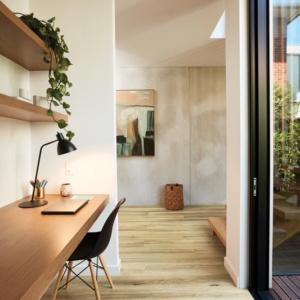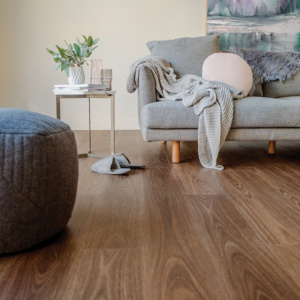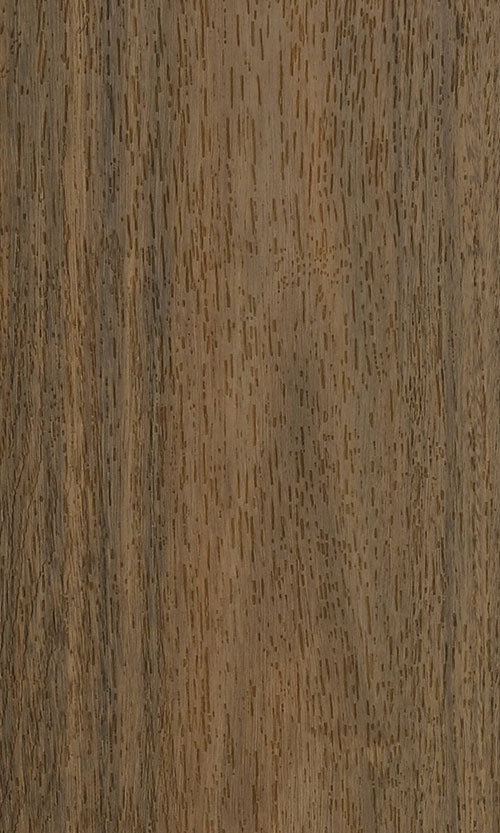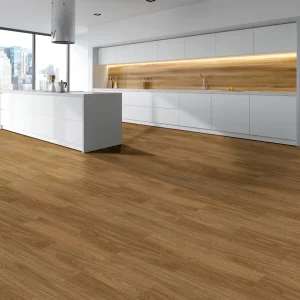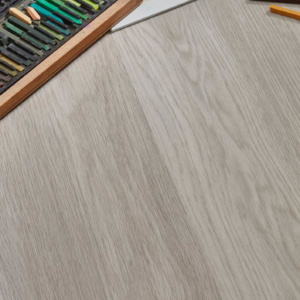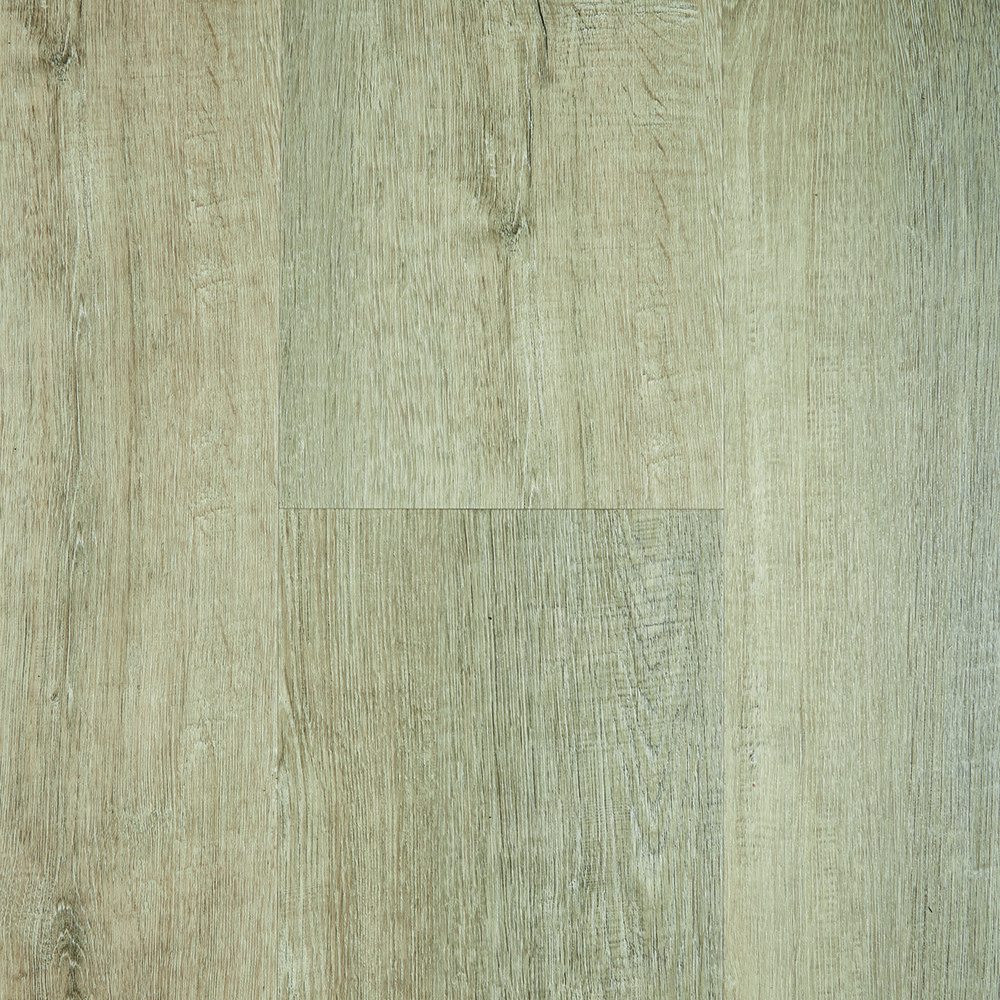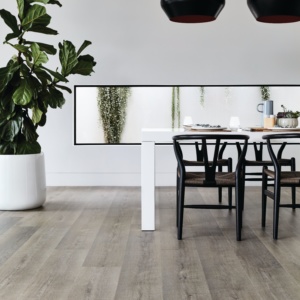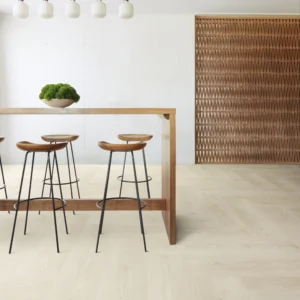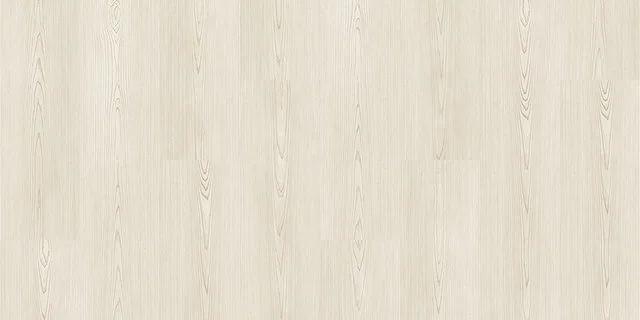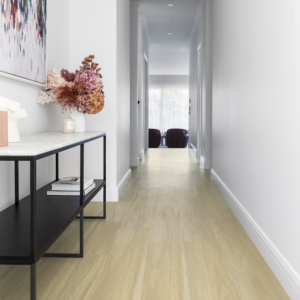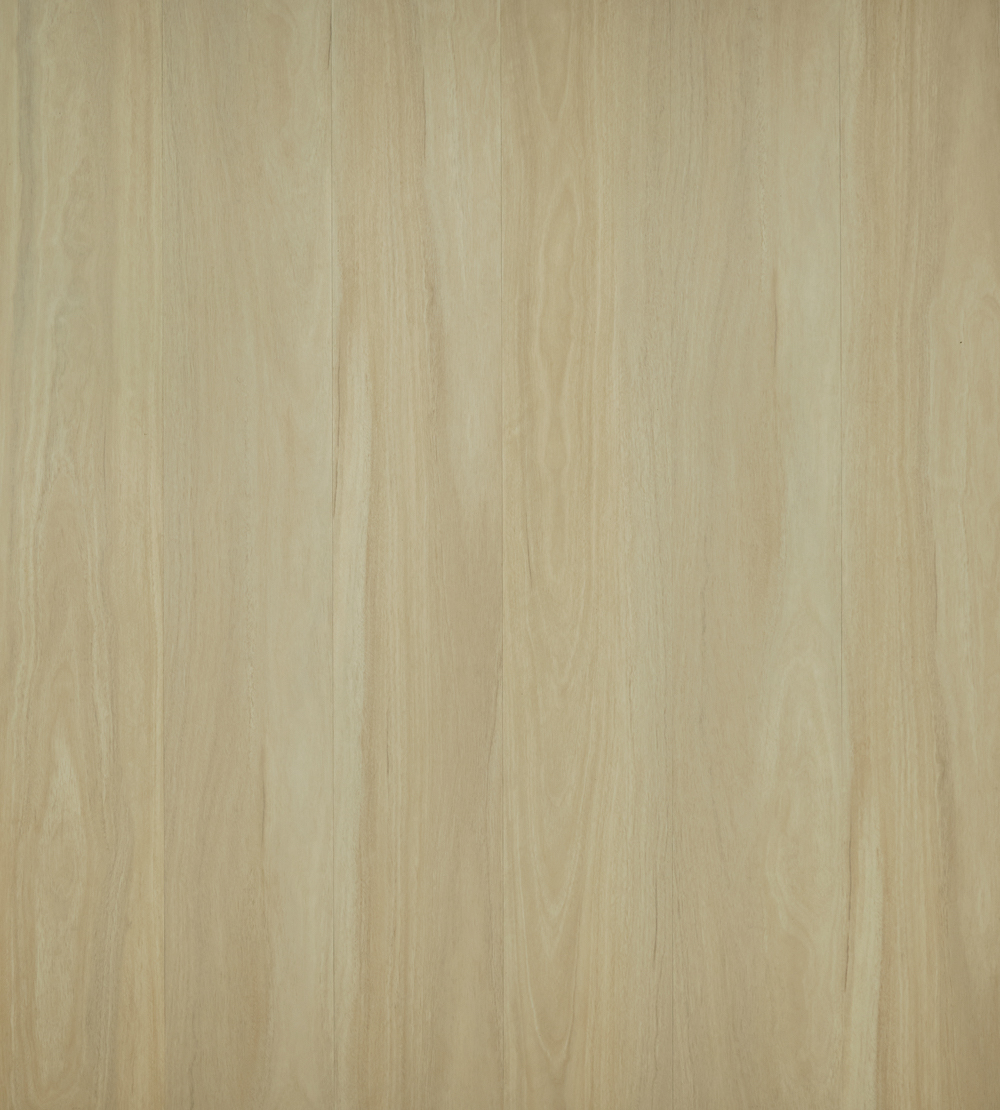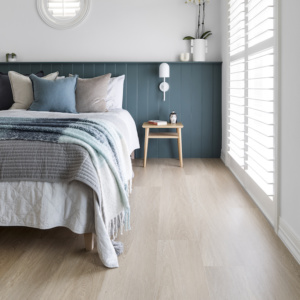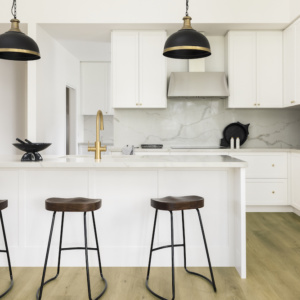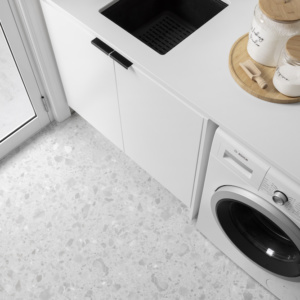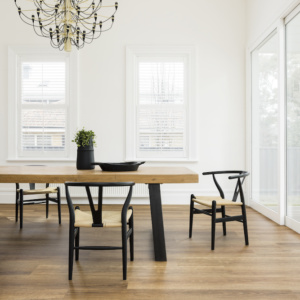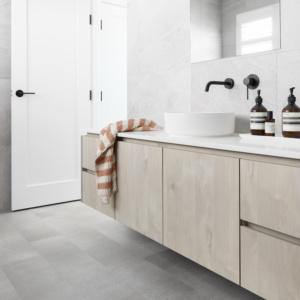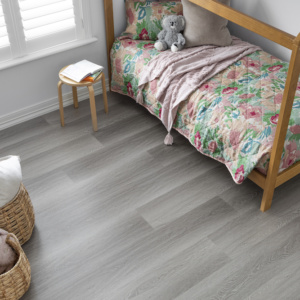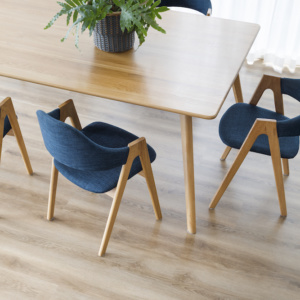What is Vinyl Flooring?
One Source Flooring are proud to be one of the Gold Coast’s leading vinyl flooring installers. We have plenty of designs and solutions for both commercial vinyl sheet applications and residential vinyl plank and vinyl tile installations.
So what is vinyl flooring? Vinyl flooring comes in 2 different formats – vinyl sheets and vinyl planks. Modern vinyl plank flooring has come a long way since the old vinyl roll days. Technological advances have allowed manufacturers to encapsulate the beauty of natural materials such as wood, stone, terrazzo and marble and enhance them with the practicality of luxury vinyl tile (LVT). Check out some samples below.
Vinyl flooring is considered to be scratch-resistant, antibacterial, waterproof and more – making it a superior flooring solution for a range of projects. Check out range, our top picks and some of your most frequently asked questions below.
For those who like the technical details, let’s get into it. Vinyl flooring is considered to be either homogeneous or heterogenous and comes in long sheets (usually for commercial purposes only), in planks or tiles.
Homogeneous Vinyl Flooring
Homogeneous vinyl flooring is constructed of the same PCV colour through the entire sheet and is mostly used in the construction of vinyl sheeting. There are no layers, or underlay and is a flat/chip colour finish. Homogeneous vinyl is recommended for projects such as surgeries or anywhere where hygiene regulations need to be adhered to as the sheet can be manipulated to “cove” around the edges of the room.
Heterogeneous Vinyl Flooring
Heterogeneous vinyl is constructed of multiple layers generally consisting of:
- A backing that helps create a bond with the subfloor and assists with acoustics.
- A stability layer which is generally constructed from fibreglass.
- A design layer of either timber, oak, concrete or stone.
- A transparent wear layer to protect the floor from wear and tear.
Some vinyl manufacturers can include other layers and surface protection.
Our Vinyl Plank Flooring Collections
At One Source Flooring, you won’t find budget vinyl flooring that’s not structurally sound. We only supply and install quality vinyl planks and tiles that we truly stand by.
Major trade retailers sell cheaper vinyl planks with a .2 or .3 wear layer (made for light domestic use). At One Source, we focus on providing quality vinyl flooring with a wear layer of .55 or over (for heavy commercial use). This means your vinyl will last longer and has better scratch-resistance properties. Major retailers also often only sell vinyl with a short shelf-life-span, making sourcing the same product for future repairs difficult.
The Pros and Cons of Vinyl Flooring
VINYL FLOORING PROS
- Vinyl flooring is durable (thanks to its wear layer) and in most cases is scratch-resistant.
- Low maintenance and extremely easy to clean.
- Waterproof and suitable for wet areas.
- Comfortable and quiet underfoot.
- Available in a huge range of styles, colours and textures.
- Family and pet-friendly.
- Comes in realistic designs.
- Considered to be more affordable than some other flooring alternatives such as timber.
- Planks can easily be replaced if damaged.
- Can be installed almost anywhere!
VINYL FLOORING CONS
- Requires a smooth and plain subfloor for installation.
- UV rays can cause damage to some vinyl planks.
- Cheap vinyl can dent with really heavy furniture.
- Can emit volatile organic compounds (VOCs).
- Cheaper vinyl can have a shorter lifespan than other flooring alternatives.
How to Install Vinyl Flooring.
- Any existing floor coverings will be removed, our team will then inspect your sub-floor to determine the required floor preparation.
- If required, we’ll check your subfloor for moisture.
- We will clean or remove any ‘humps’ in your sub-floor with the use of floor grinders and vacuum systems.
- If we’re laying over tiles, we’ll prime them ready for a self smoothing screed.
- Next, we’ll use smoothing or bulk fill compounds to prepare the sub-floor.
- And finally, we’ll install your new vinyl planks with the use of vinyl adhesives.
Vinyl Planks - What's Aaron's Top Pick?
Davenport by Belgotex
Introducing Davenport vinyl flooring by Belgotex. As a timber-look vinyl plank, Davenport simulates the hues and texture of nature, all while maintaining its durability, strength and performance. The plank is 3mm thick with a 0.55mm wear layer, making it suitable for families as well as any heavy commercial flooring.
Featuring eight contemporary colours, this collection includes some of the world’s most popular species including blackbutt, antique oak, spotted gum and hickory. These vinyl planks are also 100% waterproof* and are very easy to maintain.
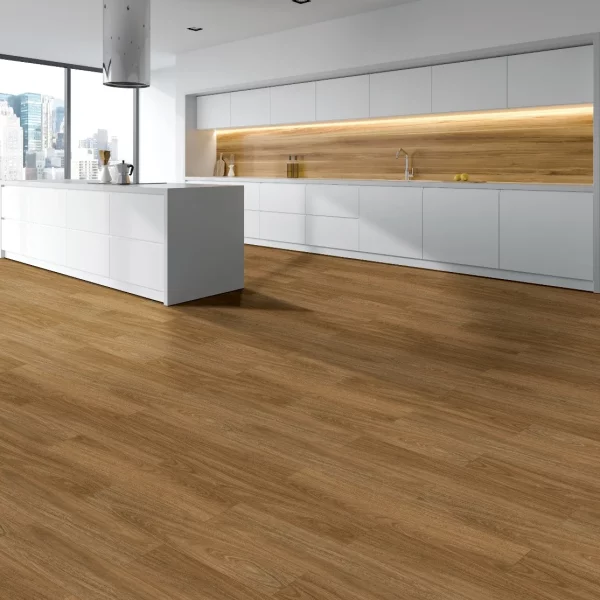
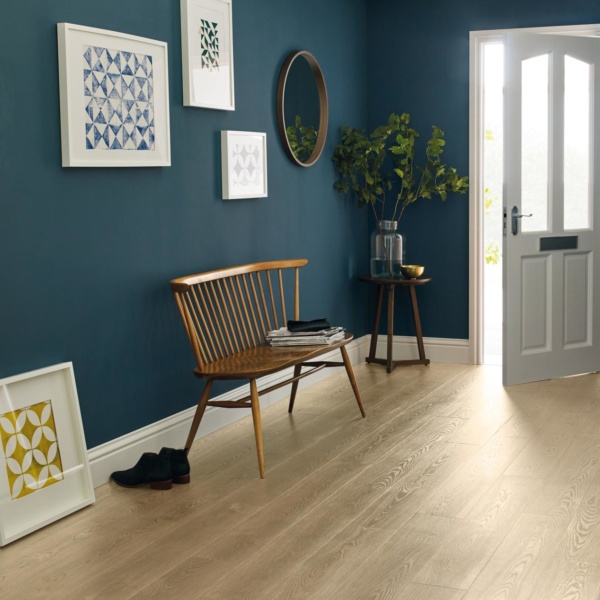
Form by Amtico
Amtico Form vinyl flooring encapsulates the beauty of natural materials and enhances them with the practicality of LVT. It is an enduring collection with a .7mm hard-wearing wear layer and realistic grain textures. Form also features high performance antimicrobial technology that’s proven to reduce the presence of bacteria by more than 99% over 24 hours, bringing the perfect balance of style and function to any space. It is also perfect for busy family homes as it carries warmth, durability and a 30-year warranty—giving you a beautiful floor that will be with you for years to come.
Where Can I Install Vinyl Plank Flooring?
Vinyl flooring comes with the added benefit of being able to be installed in almost any space. This of course depends on the condition of your existing subfloor, but if you have a flat substrate and the conditions are right, vinyl flooring is a perfect solution for bedrooms, living spaces, kitchens and more!
What is the Cost of Vinyl Flooring?
Like any flooring product, the cost of vinyl plank installation is dependent on the design, manufacturer and quality of the vinyl flooring that you selected. It’s important to note that while you will see an advertised vinyl flooring cost based on metres squared, the total cost will ultimately come down to the amount of boxes you will need to purchase.
Some key determining factors of your vinyl flooring cost include:
- Vinyl planks with life-like timber embossing and grains generally cost more than cheaper, plastic-like vinyl flooring.
- Wider or longer planks generally cost more than shorter boards.
- Some manufacturers are innovative, taking the time to develop and enhance the construction of the vinyl floor layers—offering products that can be guaranteed for a longer period of time. While going with a ‘cheaper’ option may save you upfront, it can cause issues in the long term due to failure in the flooring.
If you’re looking for both supply and installation costs, you’ll need to consider your floor preparation costs too.
- Do you need your existing flooring professionally removed or can you do it yourself?
- Is your subfloor in good condition, ready for new flooring?
- Or does the existing floor need to be flooded and levelled?
- Do you need help moving furniture prior to your flooring being removed?
- Do you need to add a moisture barrier?
- Does your skirting need to be removed and replaced?
- Do you want your vinyl flooring to also be laid on your staircase?
All of these factors can affect the total of your vinyl flooring cost. To get an accurate quote, we suggest booking a free in-home measure and quote with the experts at One Source Flooring.
Vinyl Plank Flooring Gold Coast
Our residential vinyl flooring and tile range have been specifically selected to feature products with the best quality and surface finish for your house. If you’re looking for vinyl flooring for your Gold Coast residential property, don’t hesitate to contact us or book a free in-showroom consultation. We provide a wide range of vinyl flooring options to suit all homes.
Working with our expert vinyl flooring installers, you’ll benefit from:
- Benefit from your 5 Year Installation Guarantee.
- Maintain your Manufacturer’s Warranties/Guarantees.
- Reduce the risk of potential DIY issues in the future.
- Have a local point-of-contact post installation.
- We have over 30 years experience, specifically in the flooring industry.
- We only use the Gold Coast’s best flooring installers.
- Know your levelling and expansions has been completed properly.
- Benefit from polished finishes that only professional install can deliver.
Is Vinyl Flooring Toxic?
We proudly supply vinyl flooring planks, manufactured by Heartridge who have partnered with the National Asthma Council Australia Sensitive Choice program. Heartridge Vinyl, Luxury Vinyl & Hybrid floors are an ideal choice for those who are at risk of allergy and asthma related health problems.
You can rest easy knowing their floors have a formaldehyde emissions rating of E0. Formaldehyde is a colourless strong smelling gas – as a Volatile Organic Compound (VOC) emission rating, it is well below Australian Standards.
They also use phthalate free chemicals which is a chemical compound commonly found in many flooring products. They have long been associated with medical conditions. Heartridge Vinyl, Luxury Vinyl & Hybrid floors are made with no undesirable phthalates, helping your family breathe cleaner and fresher air.
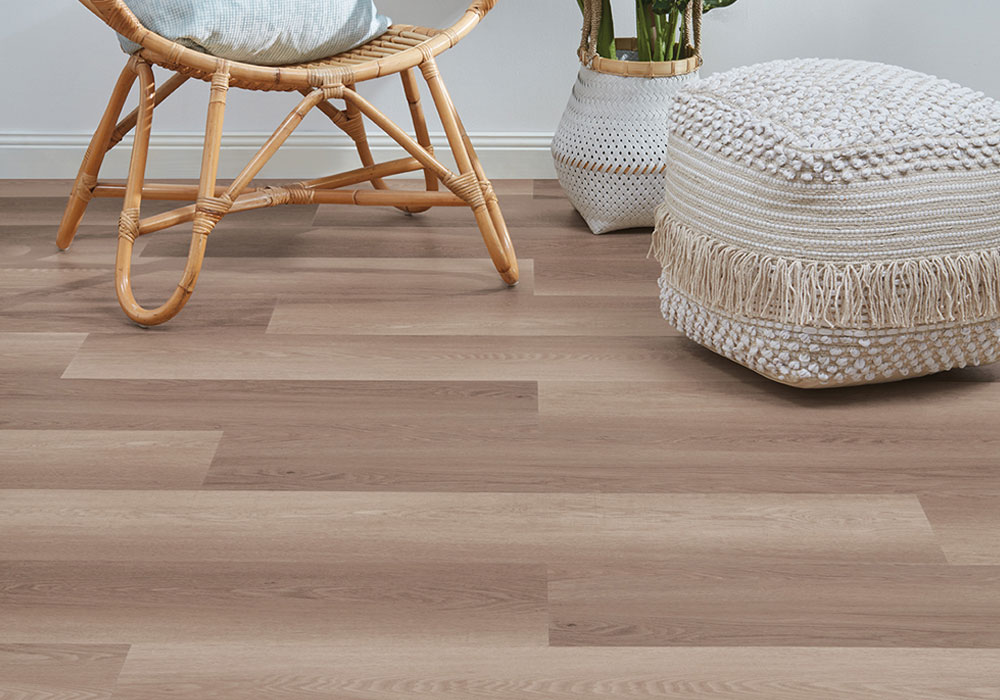
Australia’s only National Asthma Council Approved Vinyl,
Luxury Vinyl & Hybrid floors.
Answering your Vinyl Plank Flooring FAQs
Vinyl flooring is a popular flooring choice in Gold Coast homes due to its timber-look appearance, durability, waterproof qualities and its ease of installation. Firstly though, like all flooring types, it’s important that the base underneath your new vinyl flooring is properly prepared. It’s here where many DIY jobs become unstuck, so engaging with a professional vinyl flooring installer like One Source Flooring is recommended.
By selecting vinyl planks (in particular, the thinner 2mm planks), you must ensure that your subfloor is impeccably smooth. Bumps and ramping can be easily visible and can be an unfortunate side effect of ill-prepared floors. Check out our process above where we outline the steps involved in installing vinyl flooring.
Vinyl flooring is low maintenance and is extremely easy to clean (the easiest flooring type to maintain in our opinion). With high quality vinyl flooring, you don’t need to stress about your mop being too wet, or your vacuum having a brush bar. With regular sweeping (and/or vacuuming), and occasional mopping, your vinyl flooring will look great for years to come. As always, we recommend reviewing and following your manufacturer’s care and maintenance guides (which we provide to you). We also recommend that all of our customers check out our post-installation guide.
Typically most vinyl flooring does not need underlayment (as it comes ‘built-in), however there may be special circumstances where you may such as in buildings where additional acoustic insulation is required.
Yes! As long as the tiles are not ‘drummy’ (our team can look into this for you). In all cases, you will need to take-up our floor preparation services where we completely flood the tiles with a levelling agent (in larger spaces with varying levels, this could be more expensive than lifting the tiles). We always recommend having our team visit your space to determine if vinyl flooring is right for your project.
Some sources may say that it is possible for lower, tighter carpets, but it’s not recommended. Most manufacturer’s will actually void your warranty if you decide to do this. At One Source we can remove your existing carpet and remove it from your premises, giving your vinyl the perfect base for installation.
The difference is quite simple. Rather than being sold by the roll, vinyl plank flooring is designed to imitate natural materials in plank format (similar to hybrid or engineered timber flooring). These days, vinyl sheets are only typically used for commercial purposes where hygiene regulations need to be adhered to (such as dentists and alike).
LVP stands for Luxury Vinyl Planks. LVT stands for Luxury Vinyl Tiles. Both come with the usual benefits of vinyl flooring, However planks are sold in a plank format (to imitate traditional hardwood flooring), and tiles are sold in a tile format.
Vinyl flooring and linoleum are actually different! Linoleum flooring is made of natural materials, where vinyl is synthetic. The backing is different between the 2 products, as is the installation process. To find out more, get in touch with our team.
No, you generally do not need an expansion gap. That is one of the benefits of vinyl flooring. If you already have your skirting boards installed, you may not have to remove these as vinyl flooring can be butted up to them, without the need for an expansion gap.
